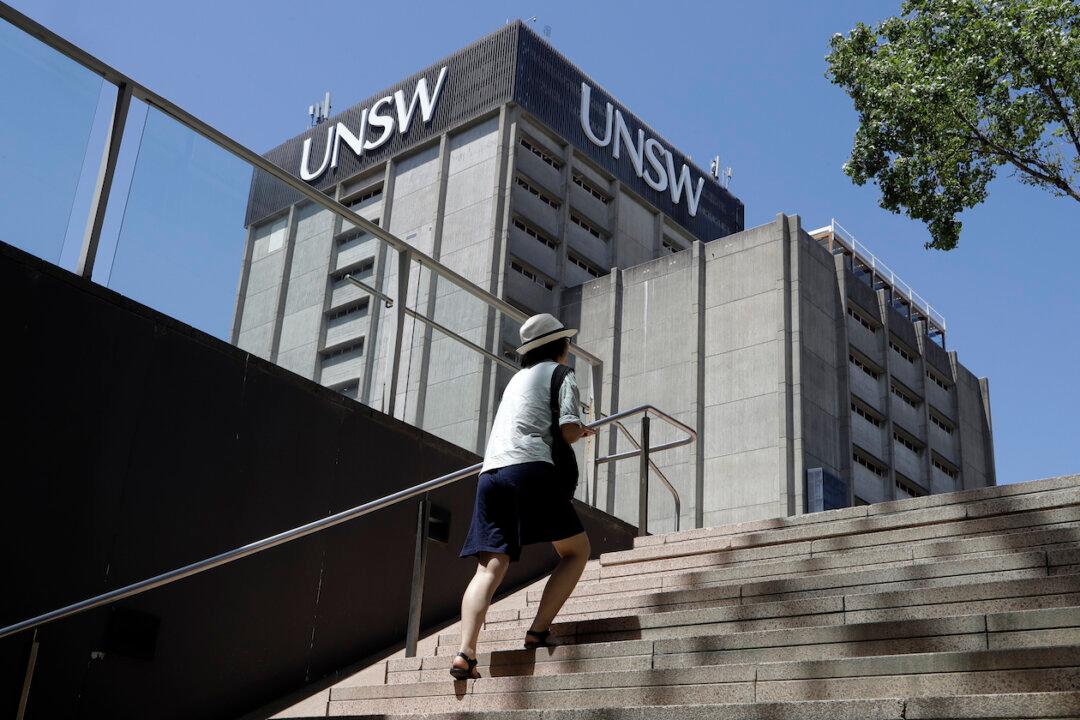Australian university staff and students will be taught how to recognize foreign interference threats on campus and report them to authorities under newly proposed rules.
The changes have been put forward as part of the new foreign interference guidelines for universities. They are intended to strengthen their ability to counter influence from the Chinese Communist Party (CCP), as reported by the Sydney Morning Herald.





